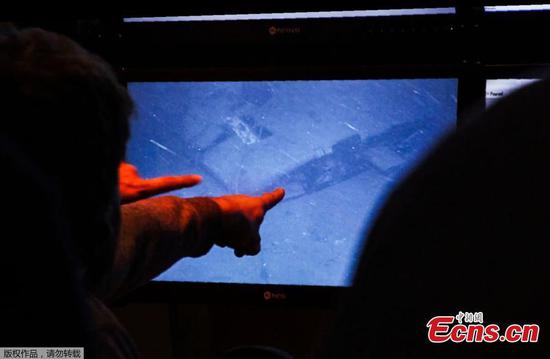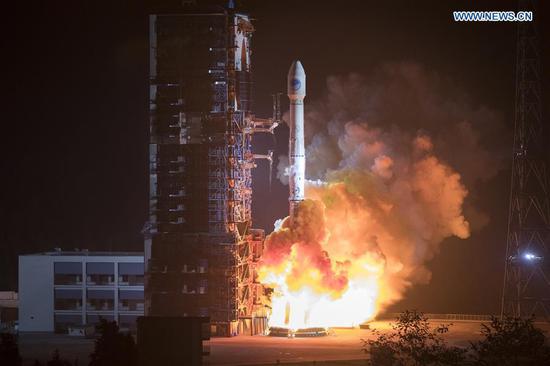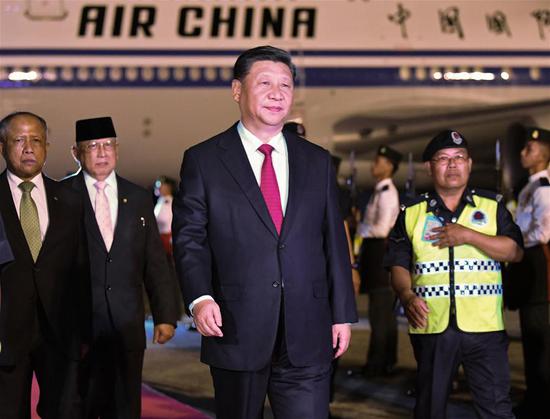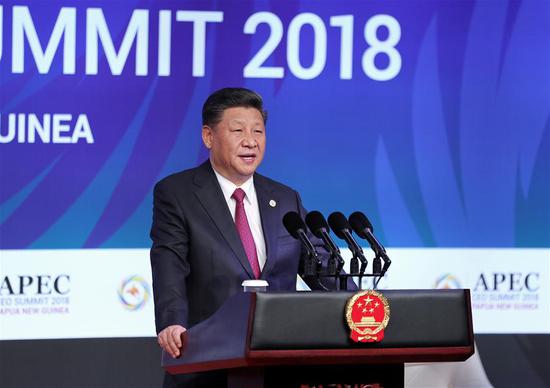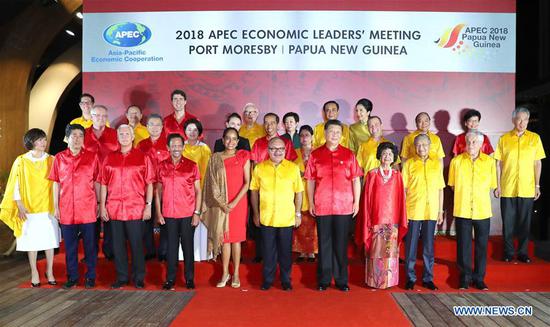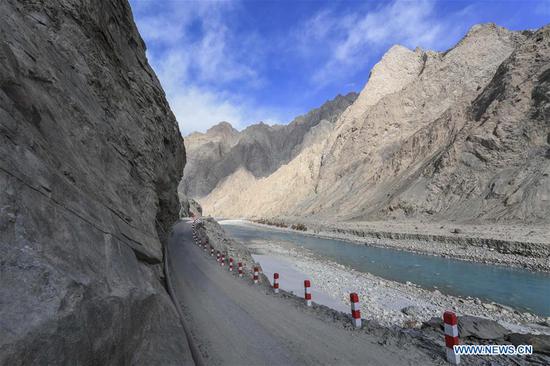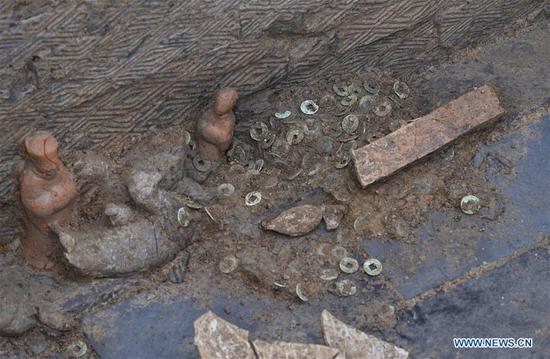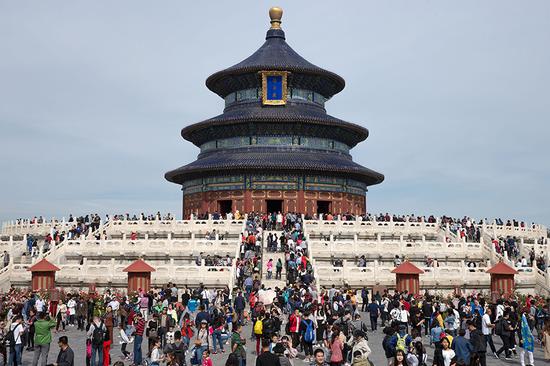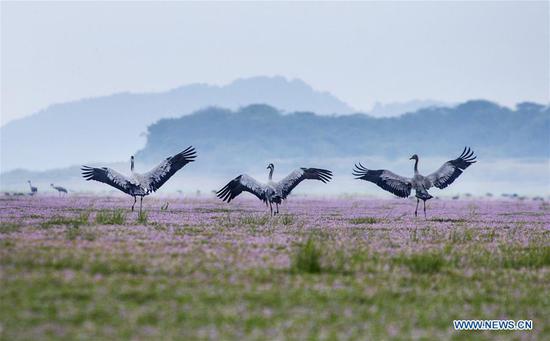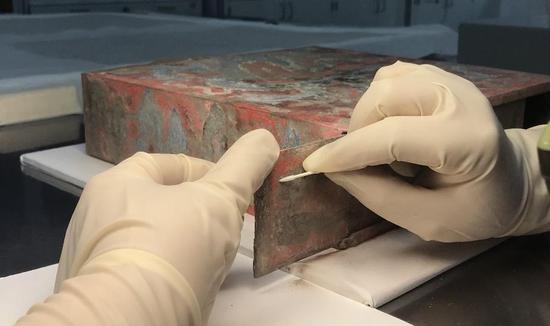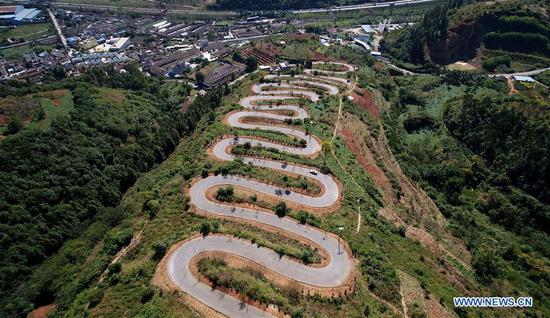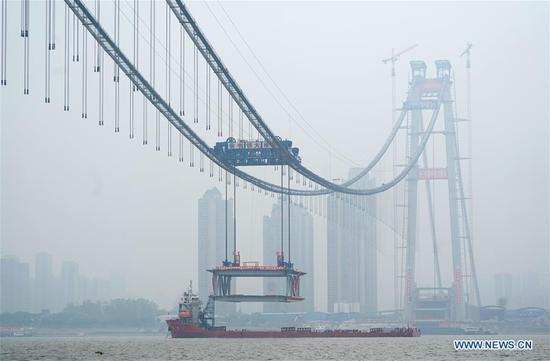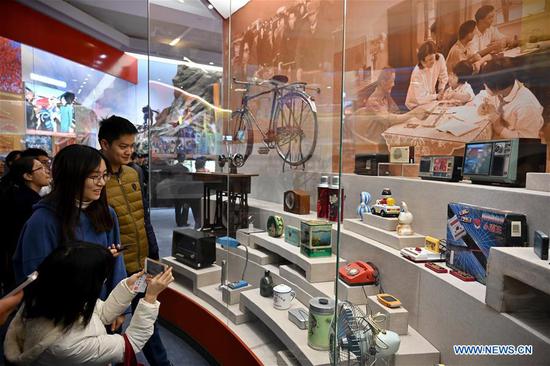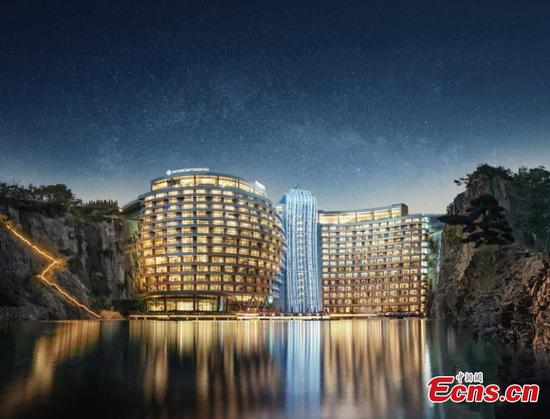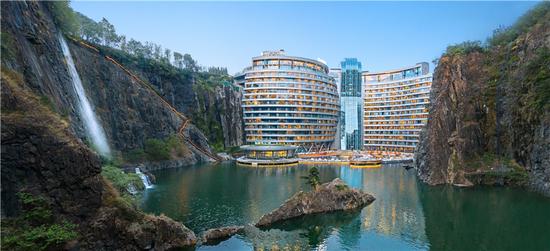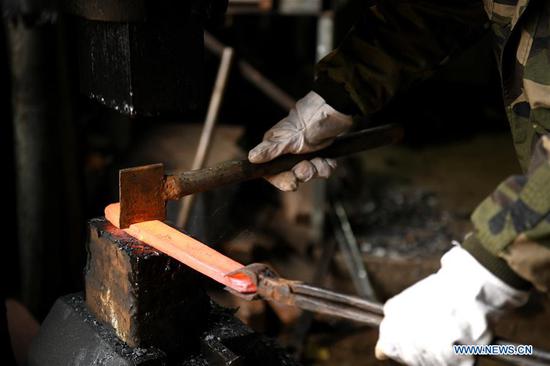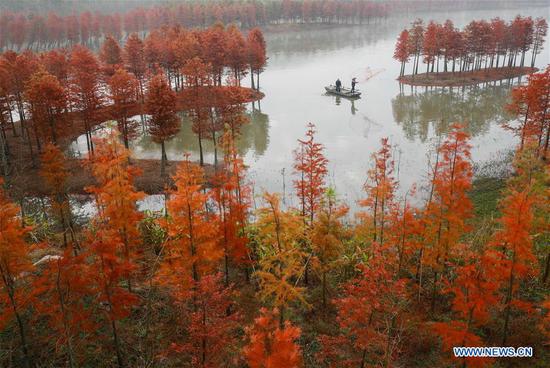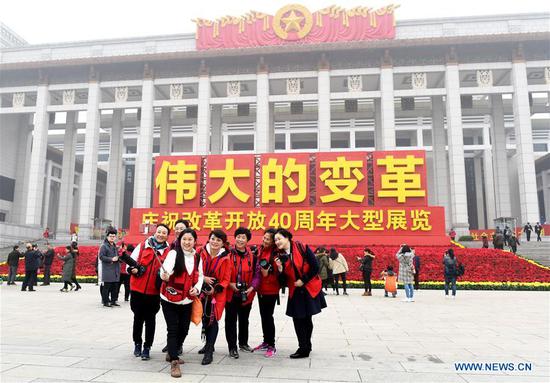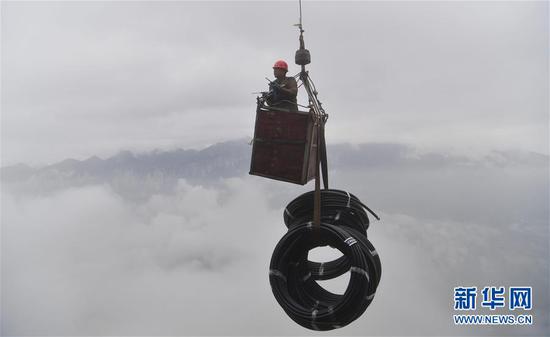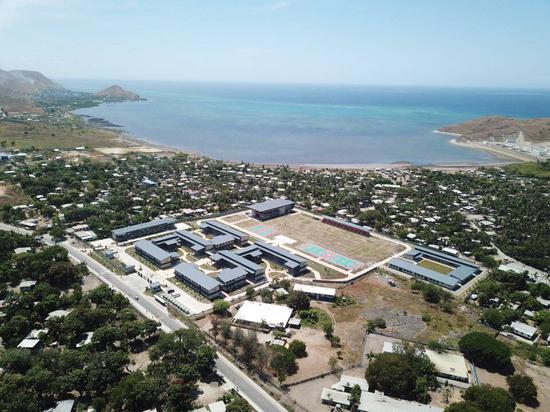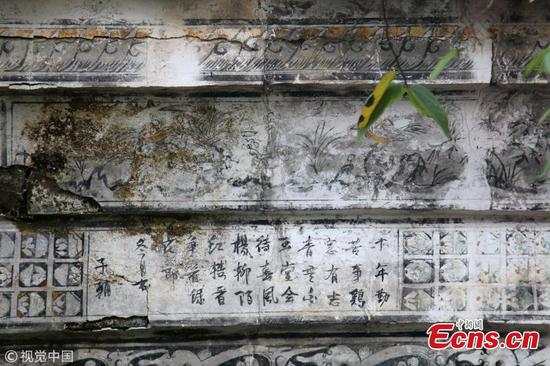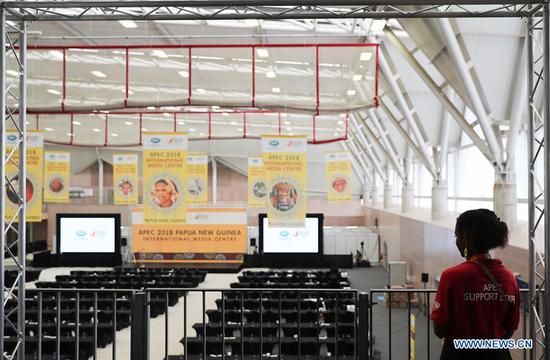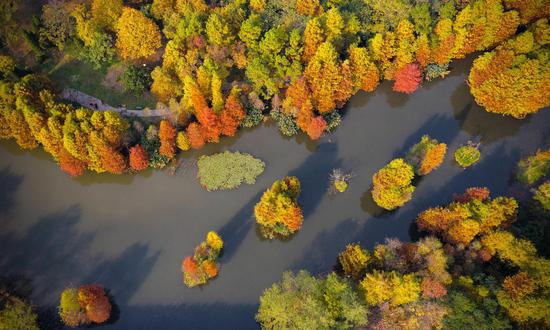Technology upgrades
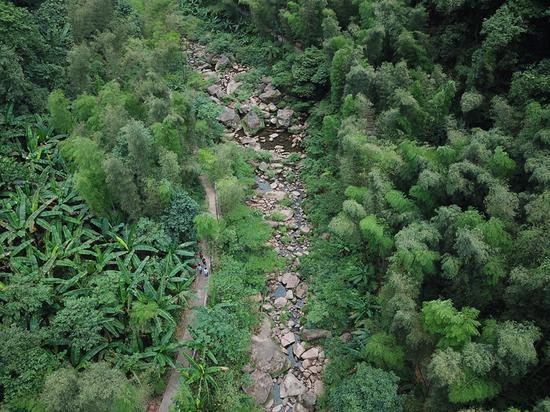
Similar examples can be found in Yunnan, Sichuan, Hubei and Hunan - inland provinces on the middle and upper reaches of the Yangtze that used to settle for the "pollute-first, clean-later" development model of wealthier coastal regions.
Yichang, a regional chemical industrial center in Hubei, has closed 25 chemical engineering factories and 206 mining enterprises since 2016. It will ensure all chemical enterprises' emissions reach national standards by upgrading technology, and relocating them to industrial parks far from the Yangtze.
Although these efforts have been praised by environmental experts, Cao suggests that dismantling all small hydropower stations in the drainage area of the Yangtze is the most effective way to restore the river to its original state. Meanwhile, new natural reserves should be established to highlight the river's ecological functions in water purification and maintaining biodiversity.
In June, the Ministry of Ecology and Environment vowed to strengthen the environmental impact assessment of small hydropower stations in the Yangtze River Economic Belt, and to suspend the construction or expansion of such stations in the 11 provinces in the belt in the second half of this year.
President Xi said during his visit to Chongqing in January 2016 that protecting the Yangtze's ecology and environment must be regarded as the most important task. There should be concerted efforts on systemic protection, and no major development along the river.












